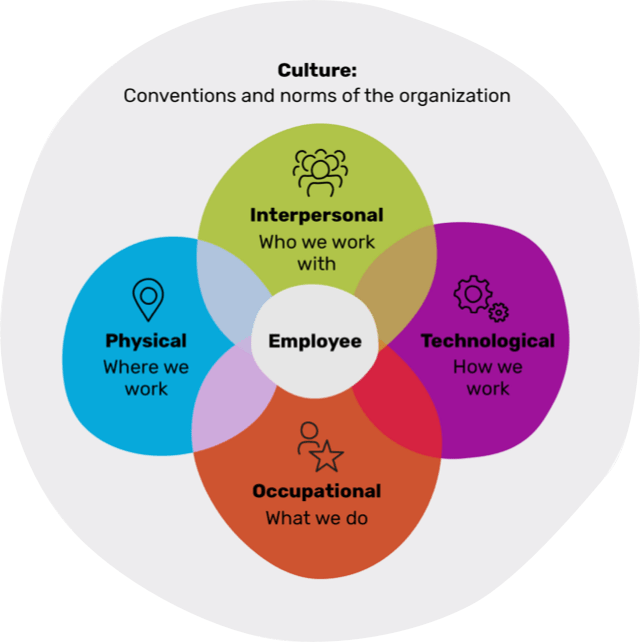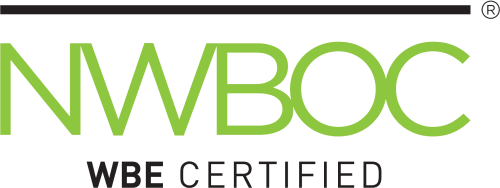Few employees say their organization and supervisor demonstrate care about their career growth, emotional well-being, and job satisfaction
Arlington, VA., December 16, 2021 – U.S. employees say that employers are lacking when it comes to demonstrating care and concern for their workers. Only 28 percent of employees say their organization cares about their learning and career aspirations, and about one-fourth (28 percent) care about employee job satisfaction. Less than half of supervisors (45 percent) care about employee ideas and opinions, and fewer (36 percent) care about employees’ emotional state at work.
Ensuring employees feel cared about is a major factor that drives whether or not an organization is delivering an exceptional employee experience (EX), which ultimately drives customer satisfaction and organizational performance.
These findings are contained in the new research from Eagle Hill Consulting, Improve the Employee Experience: A Guide to Creating Exceptional Employee Experiences. This research is based upon The Eagle Hill Consulting Employee Experience Survey 2021 conducted by Ipsos. The survey included more than 1,000 U.S. workers to measure their views on a range of employee experience areas.
“Organizations struggle with employee experience because they often mistake EX for employee engagement, benefits or performance management. Instead, EX is all about how employees think and feel about their day-to-day interactions within their organization,” says Melissa Jezior, president and chief executive officer of Eagle Hill Consulting.”
“The first step for employers to re-tool their employee experience is to think beyond the human resources function. EX is cross-functional because most of the moments that matter to employees often aren’t in HR’s control. That means employers must create a connected and consistent EX across their organization while ensuring all leaders are held accountable for understanding and improving EX,” Jezior explained.
The research finds that most employees don’t view EX as an HR function. Sixty-two percent of respondents say it is their supervisor’s responsibility, and only 13 percent say HR is responsible for EX.
Eagle Hill’s model for exceptional EX considers four factors that influence employees:

The research also identifies four employee experience trends:
- Employees want to feel their employers have their backs.
- Workers need more help getting ready for a rapidly changing future.
- Employees expect to feel cared for but are being let down.
- Workers want flexibility where and when they work.
Recommendations for improving the employee experience are available here.
The Eagle Hill Consulting Employee Experience Survey 2021 was conducted by Ipsos in January, 2021, and it included 1,003 respondents from a random sample of employees across the U.S. on a range of employee experience aspects, including technology, diversity, employee engagement and customer service.
Eagle Hill Consulting LLC is a woman-owned business that provides unconventional management consulting services in the areas of Strategy & Performance, Talent, and Change. The company’s expertise in delivering innovative solutions to unique challenges spans across the private, public, and nonprofit sectors, from financial services to healthcare to media & entertainment. Eagle Hill has offices in the Washington, D.C. metropolitan area, Boston, MA and Seattle, WA. More information is available at www.eaglehillconsulting.com.
Media Contact: Susan Nealon | 703.229.8600 | snealon@eaglehillconsulting.com | @WeAreEagleHill

